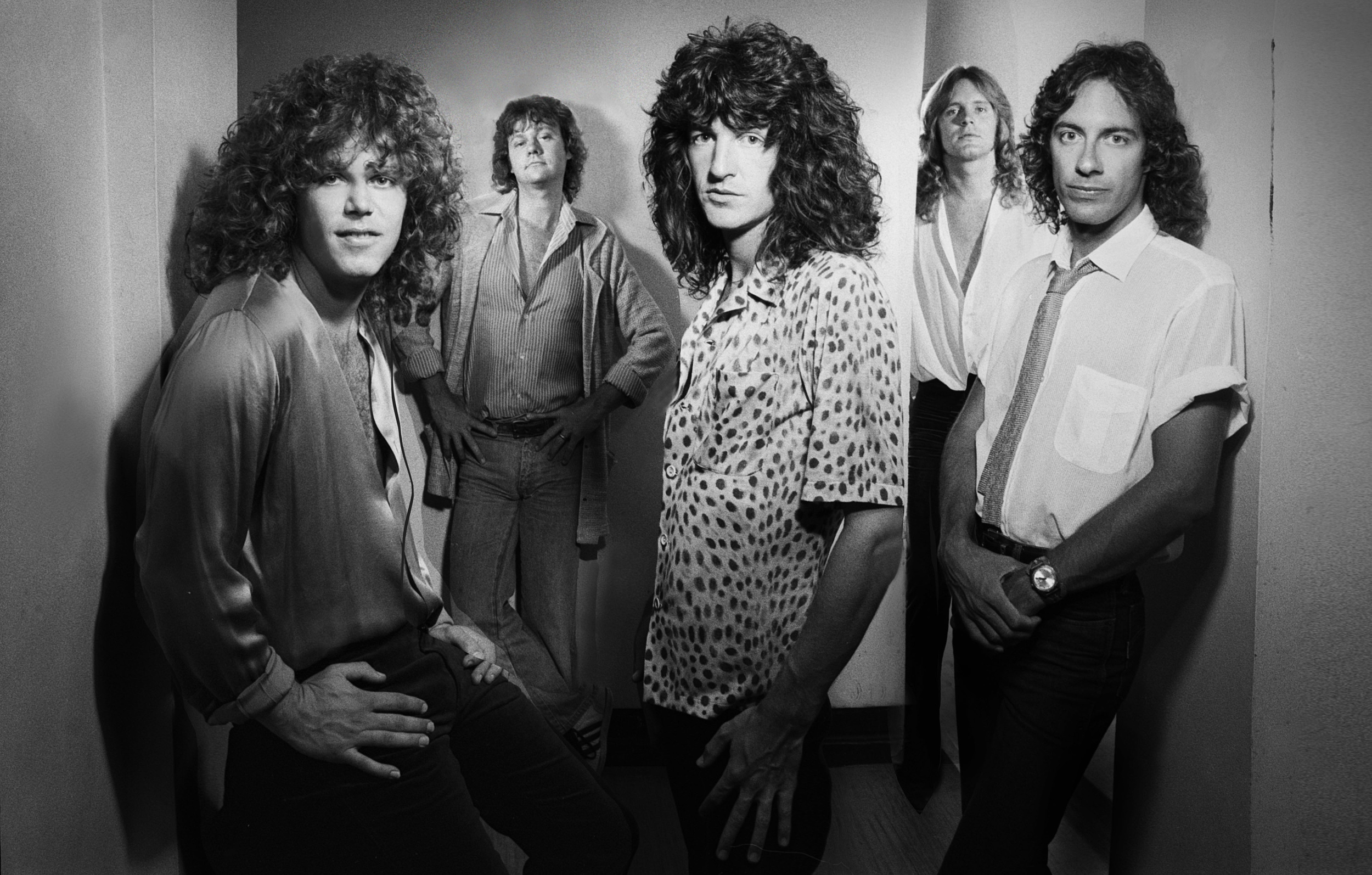
Led Zeppelin, for example, became known not just for their intricate guitar solos but for filling stadiums around the world. Their live performances, like the legendary ones at Madison Square Garden, became mythologized moments of rock history. Queen, led by Freddie Mercury’s unparalleled stage presence, took hard rock in a theatrical direction, emphasizing not only sonic power but also visual flamboyance.
The birth of arena rock was fueled by this blend of raw energy, amplified volume, and a devotion to pushing the limits of what live rock shows could be. Bands like AC/DC and Kiss, with their pyrotechnics and towering amplifiers, turned concerts into full-fledged events, shaping what we now know as the rock spectacle. The infrastructure of rock tours, with massive PA systems, light shows, and dedicated fan bases, helped elevate hard rock into a commercial and cultural juggernaut.
By breaking the sound barrier with both their music and live experiences, these ’70s hard rock bands laid the groundwork for the future of live music performance, ensuring their legacy as arena giants.
